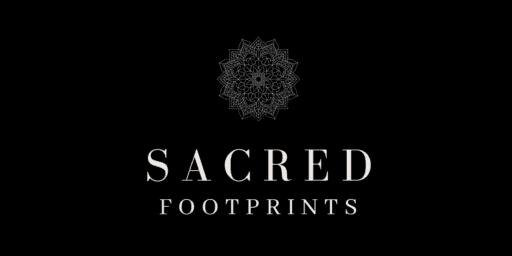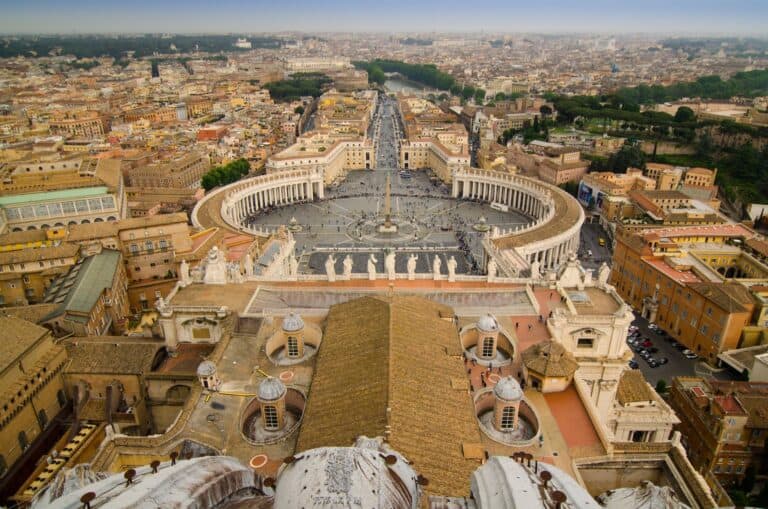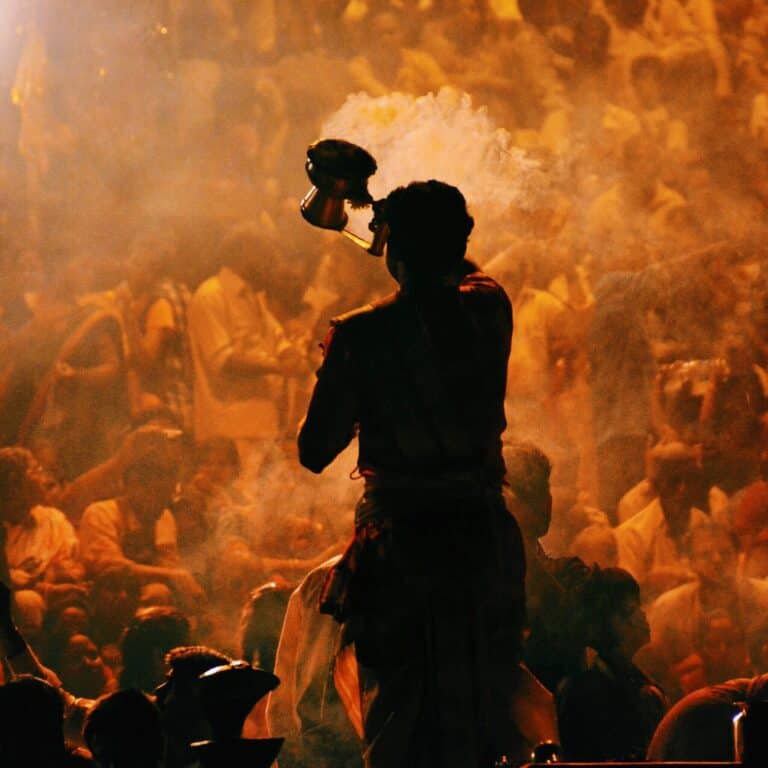Avalon Spiritual Meaning : It’s Myths, Legends & Possible Locations.
Avalon Spiritual Meaning and Locations
Avalon Spiritual Meaning: The term “Avalon” has several meanings depending on the context in which it is used. However, here are a few common interpretations:
- Avalon represents a mythical island within Arthurian legend, intimately connected to the Arthurian cycle. It is often portrayed as a realm of paradise or enchantment, where King Arthur is believed to have been transported after his final battle. Some versions of the legend suggest Avalon as the birthplace of Arthur’s sword, Excalibur, and his eventual return.
- Avalon carries symbolic significance as a realm of healing or rebirth. It is associated with mystical qualities, offering a transformative space where wounded or mortally injured warriors can find restoration. In this sense, Avalon symbolises vital power and profound change.
- The term “Avalon” frequently appears in literature, music, and popular culture, serving as a literary or cultural reference. It has acquired a reputation as a symbol of beauty, mystery, and an idyllic or utopian realm. It often conveys the notion of an idealized place imbued with allure.
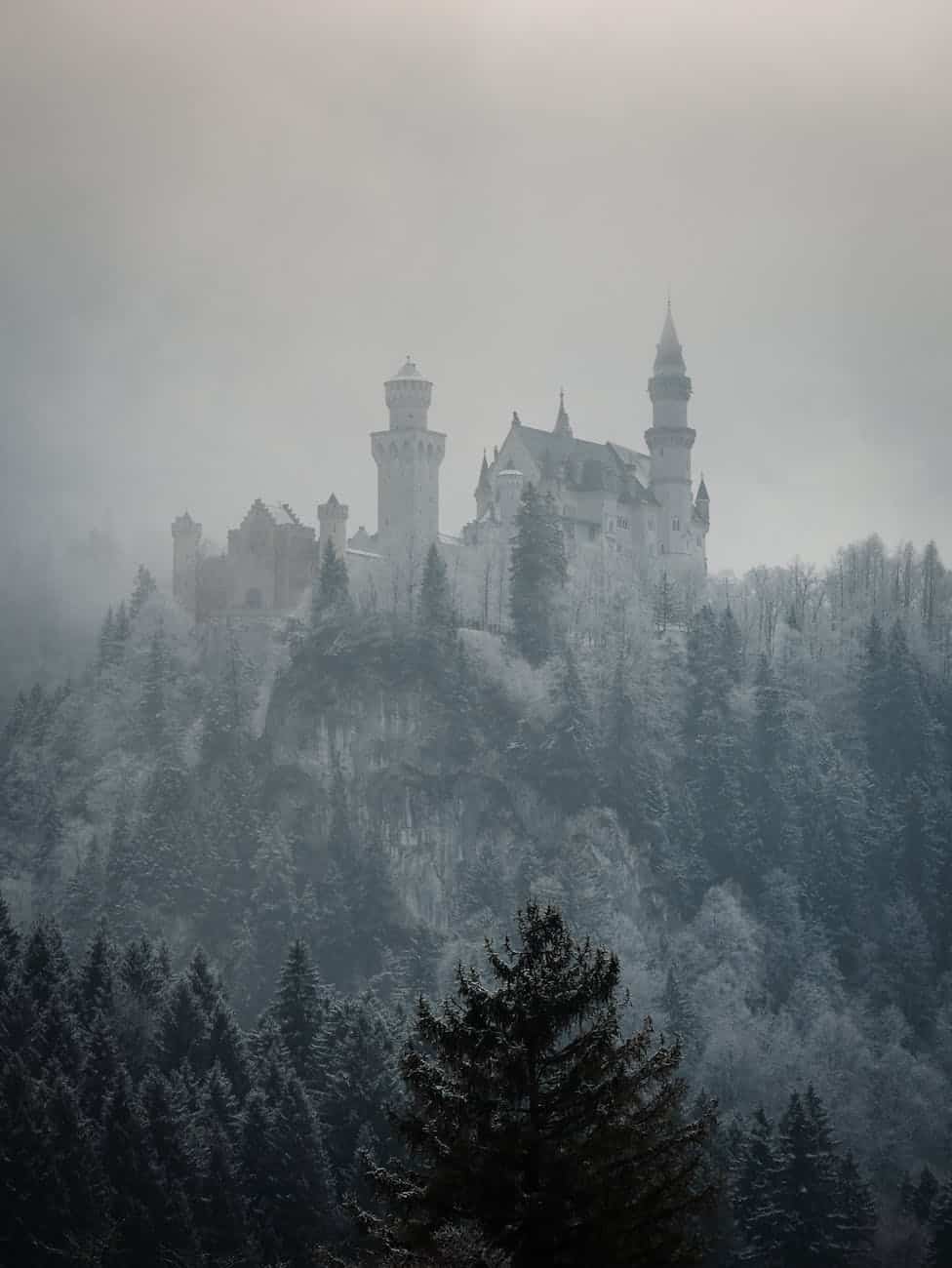
It’s important to note that the meaning of “Avalon” can vary depending on its context and cultural references.
Avalon Spiritual Meaning
Avalon Spiritual Meaning: The spiritual meaning of Avalon is associated with the concept of sacredness, mysticism, and spiritual transformation.
In this context, Avalon represents heightened spirituality and divine connection. Here are a few critical aspects of the spiritual meaning of Avalon:
- Sacredness and Divine Presence: Avalon is where the sacred and the divine converge. It is a realm with thin boundaries between the physical and spiritual worlds. Allowing for a deeper connection with higher powers and spiritual energies.
- Healing and Transformation: Avalon is known as a place filled with spiritual healing energy. It is a place for personal transformation. It is where individuals can seek solace, undergo inner healing, and experience personal growth. Avalon facilitates the release of old patterns and emotional wounds and the awakening of one’s true self.
- Wisdom and Intuition. Avalon is very connected with ancient wisdom and intuitive knowledge. It is a source of mystical teachings, spiritual guidance, and insight. Avalon represents a place where individuals can tap into their intuition, receive spiritual guidance, and deepen their understanding of themselves and the world around them.
- Connection to Nature. The natural world and life cycles are a massive part of Avalon. It has lush, beautiful landscapes. Symbolizing harmony between humans and nature. The spiritual meaning of Avalon emphasizes the importance of connecting with nature, finding spiritual nourishment in the natural world, and honouring the Earth’s sacredness.

It’s important to note that the spiritual meaning of Avalon can vary among different spiritual traditions and individuals. The interpretation of Avalon’s spiritual meaning and significance may depend on personal beliefs, cultural references, and individual spiritual practices.
Craving Soulful Community and Connection? Why don’t you check out these Incredible SPIRITUAL RETREATS with BookRetreats HERE ✔️
What is The Arthurian Story of Avalon?
The story of Avalon is rooted in Arthurian legend and mythology. It has various versions and interpretations that have developed over time.
Elements of the Story of Avalon:
- Avalon stands as a mystical island, often portrayed as a place of beauty and enchantment, possessing otherworldly qualities. Legends describe it as shrouded in mist, making it elusive and presenting a challenge to reach.
- Avalon shares a close connection to the legendary King Arthur, serving as the destination after his mortal wounds in the Battle of Camlann.
- Avalon holds associations with healing and rejuvenation, believed to possess restorative powers. It serves as a realm where wounded or mortally injured individuals, such as King Arthur, can heal and transform.
- The story of Avalon intertwines with the tale of Excalibur, King Arthur’s renowned sword. The mystical Lady of the Lake from Avalon presents the sword to Arthur.
- Morgan le Fay was a powerful sorceress and King Arthur’s half-sister. She lived in Avalon and harnessed her magical abilities here.
- Avalon is a utopian paradise. Symbolizing harmony, perfection, and romantic ideals. It represents purity, abundance, and magic, carrying profound spiritual meanings associated with wisdom, intuitive knowledge, and the pursuit of higher truths.
It’s important to note that the Avalon story can vary, depending on the sources you ask. Likewise, the details and significance of Avalon may differ in various retellings and interpretations throughout literature and folklore.
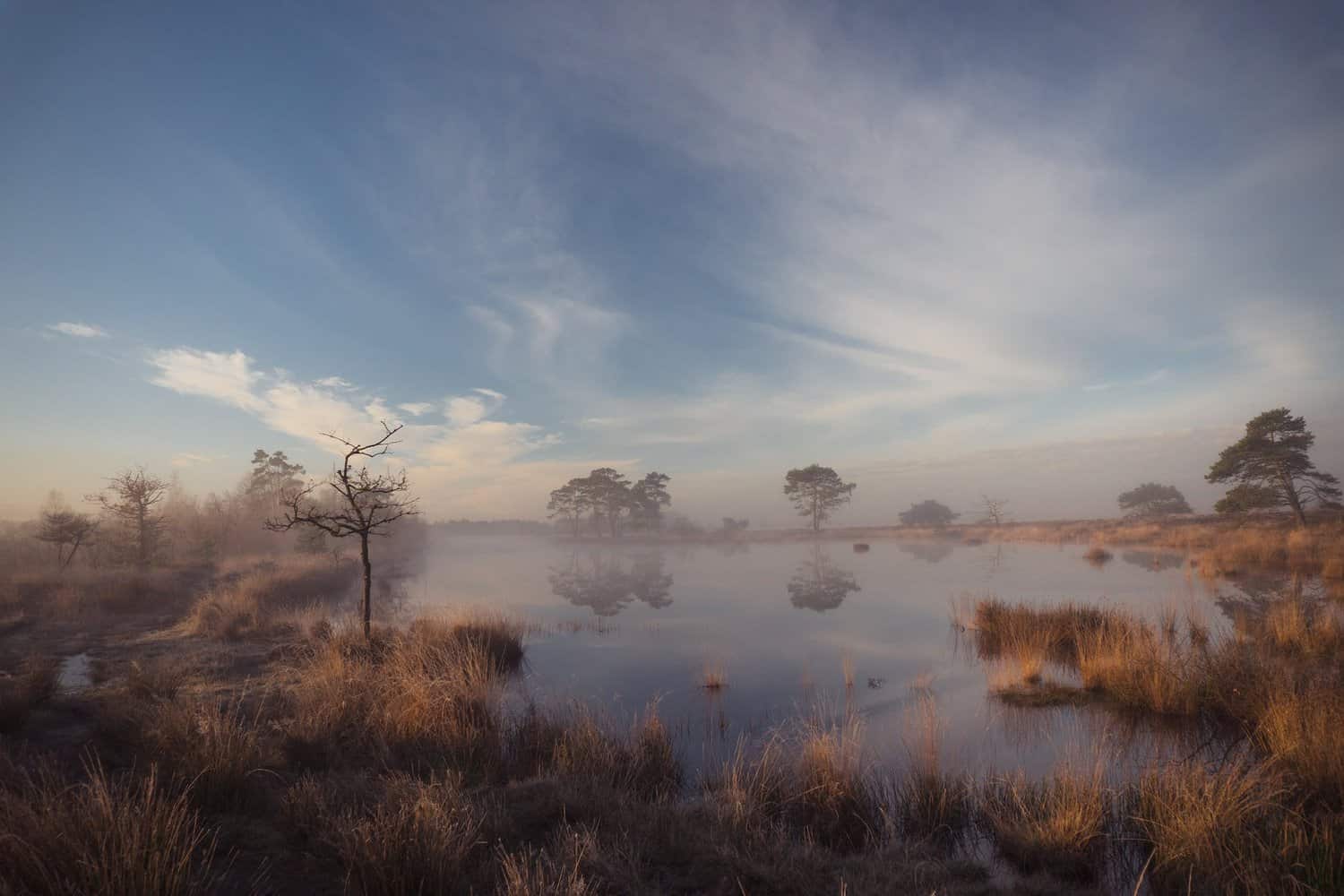
The Legend of Avalon
In Celtic mythology, Avalon, also called Insula Avallonis, weaves into the legends of King Arthur and the forging of his mighty sword, Excalibur. Additionally, it’s the mythical location that wounded King Arthur met his ultimate fate.
In essence, Avalon represents a utopian paradise where the legends of English knights and political unity converge, existing only in the mists of time.
Notably, Avalon is connected to the renowned sorceress Morgana. King Arthur’s half-sister, according to some. According to legend, Avalon was a place where apples grew year-round.
The earliest reference to Avalon is in Geoffrey of Monmouth’s “History of the Kings of Britain” (1136). Its name is thought to signify “the island of apples,” as “aval” is the Breton word for that fruit.
Additionally, Avalon is also referred to as Ynys Witrin. This means “island of crystal,” highlighting its mystical qualities.
Where is Avalon?
As with all mythological paradises, Avalon has been sought in various corners of the Earth. Some scholars believe it was located in Glastonbury, a town in Somerset, England, where the hill of Glastonbury Tor once rose above marshlands.
Legend has it that in the 12th century, King Edward II of England dispatched an expedition to this place, leading to the discovery of King Arthur’s sarcophagus, later placed in Glastonbury Abbey.
Numerous other English towns are proposed as the sites of mythical Avalon. Burgh-by-Sands near Hadrian’s Wall and Castlesteads in Cumbria are local favourites.
Some theories place Avalon in northwestern France on an island called Ile Aval. In his book “The Golden Fleece,” poet Robert Graves also suggests Avalon’s presence on the Spanish island of Mallorca.
Specific experts even draw connections between Avalon and Helheim, the realm of the dead in Scandinavian mythology. Ultimately, everyone seems to wish Avalon to be part of their land.
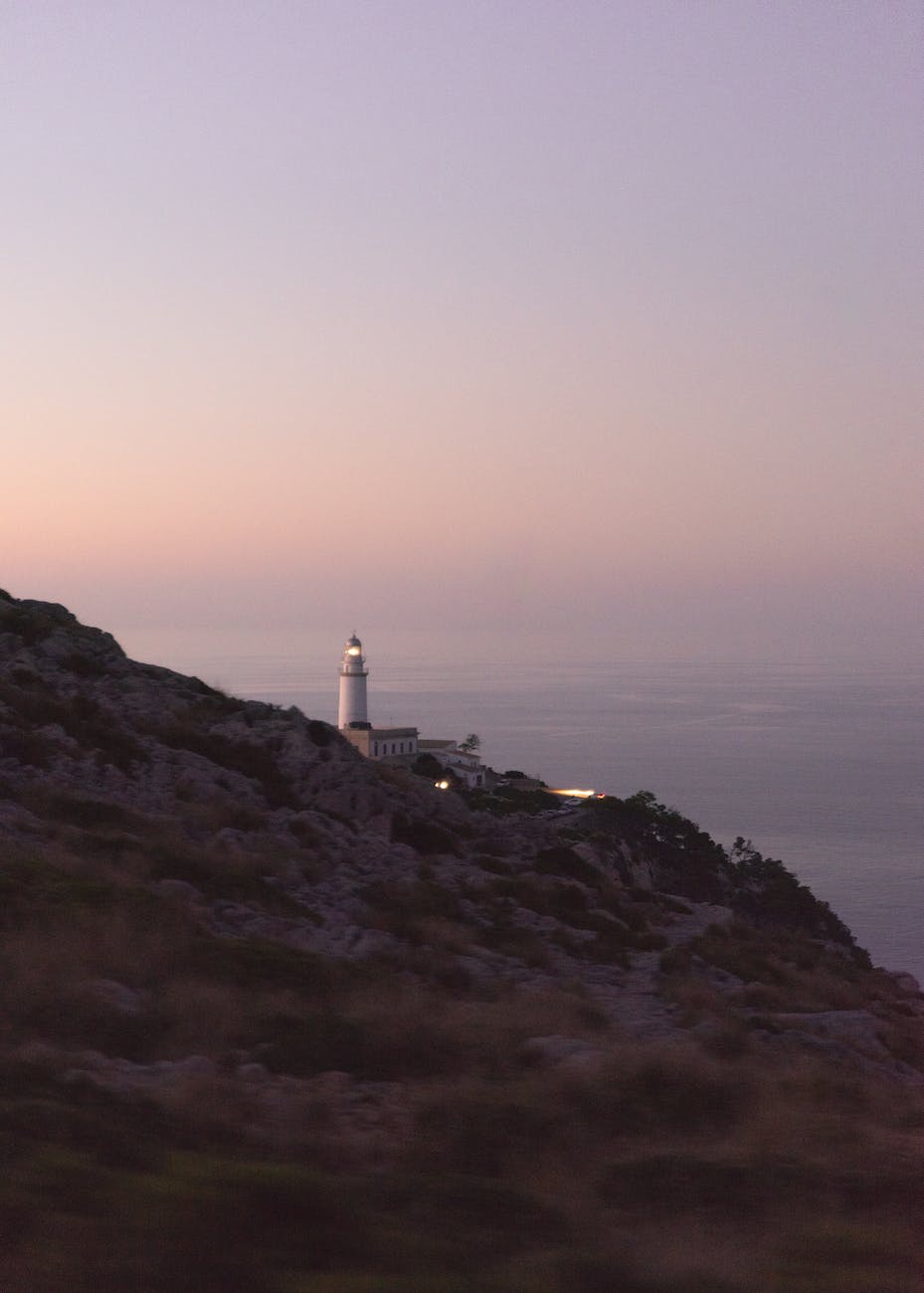
King Arther and Avalon
The captivating myth narrates that after the Battle of Camlann, in which King Arthur sustained mortal wounds in a clash with Mordred, he embarked on a boat journey to Avalon.
Accompanying him were nine fairy queens—Morgana, Moronoe, Mazoe, Gliten, Glitonea, Gliton, Tyronoe, Thiten, and Thiton.
They laid him upon a golden bed, and many sources claim that Morgana remains there today, watching over his body. Other versions suggest that Arthur did not die and will one day return to guide his people.
Other Suggestions for Avalons Location
In Geoffrey of Monmouth’s book “Vita Merlini” he says a sea voyage is required to reach Avalon. He describes the island as where nature produces grain, apples, and grapes without sowing or cultivation. Furthermore, he asserts that those who reside in Avalon can live for over a century.
Throughout the centuries, Avalon has stood as a mythical place symbolizing purity, abundance, and magic. Its profound significance in Western culture endures.
It represents an earthly utopia and serves as a political reference to a time when rulers and knights embodied bravery, honesty, and virtue—a harmonious bridge connecting the earthly and celestial realms, the real and the ideal.
The untarnished values we have regrettably eroded within Avalon, guarded by the nine fairies who watch over King Arthur and his apple paradise.
What Religion is Avalon?
The Sisterhood of Avalon weaves elements of Arthurian legend, folklore, druidic traditions, and goddess spirituality.
While the existence of Avalon remains a mystery, its followers embrace the belief that the spiritual essence of ancient times endures in the present day.
Throughout history, Avalon has been a realm encompassing pagan and Christian influences, creating a rich tapestry of spiritual heritage.
What Does Avalon mean in Celtic?
Originating from Celtic roots, the name Avalon holds significant meaning as the “island of apples.” Avalon is a girl’s name in the legendary tale of King Arthur.
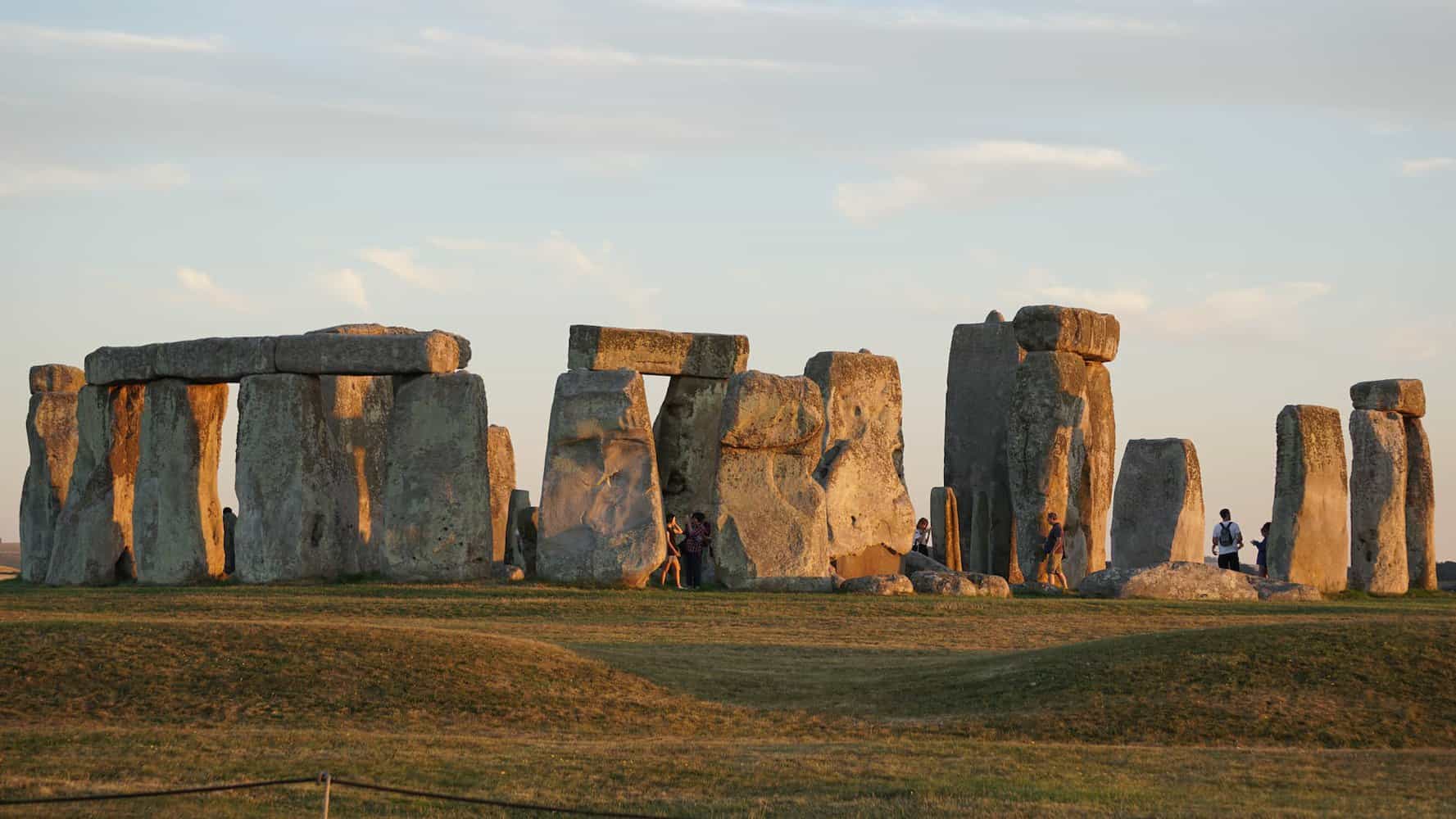
Conclusion on Avalon’s Spiritual Meaning
In conclusion, Avalon intertwines deeply with Arthurian legend and Celtic mythology, comprising a mythical and mystical concept. Depicted as a legendary island connected to King Arthur and the enchanting narratives surrounding his sword Excalibur, Avalon embodies a realm of beauty, spiritual significance, and enchantment.
Meanwhile, while we lack certainty regarding Avalon’s precise nature and location, it commonly emerges as a place where individuals experience healing, transformation, and rejuvenation.
It encompasses the concept of a utopian paradise that blurs the boundaries between the physical and spiritual realms. Avalon embodies the symbolism of purity, abundance, and magic, acting as a vessel through which wisdom and higher truths can be pursued.

It embodies the concept of a utopian paradise, blurring the boundaries between the physical and spiritual realms. Avalon symbolizes purity, abundance, and magic, serving as a vessel for the pursuit of wisdom and higher truths.
The story of Avalon continues to captivate imaginations and inspire various interpretations, making it an enduring aspect of Western folklore and literature.
In conclusion, whether viewed as a literal or symbolic realm, Avalon holds a special place in the collective consciousness as a symbol of mythical wonder and spiritual awakening.
